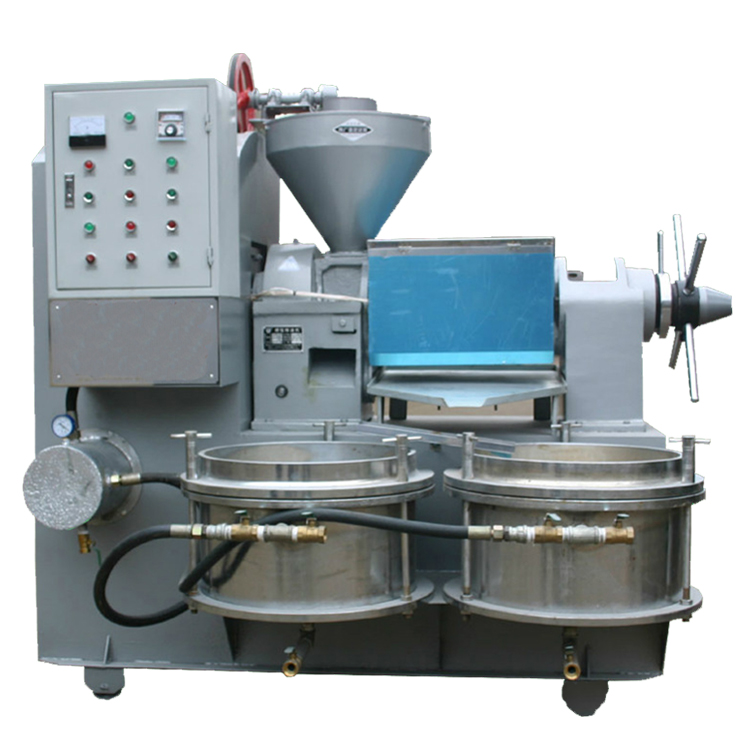Nov . 30, 2024 18:13 Back to list
Peanut Oil Refining Plant Production Process and Equipment Overview
The Peanut Oil Refining Unit Enhancing Quality and Efficiency
Peanut oil, derived from the seeds of the peanut plant (Arachis hypogaea), is highly valued for its flavor, nutritional content, and various culinary applications. As the demand for high-quality frying oils continues to rise, the refinement of peanut oil has become increasingly important. In this context, the peanut oil refining unit plays a crucial role in ensuring that the oil meets safety standards, enhances its shelf life, and improves overall quality.
The Importance of Refining
Raw peanut oil, while useful, often contains impurities, free fatty acids, and color compounds that can adversely affect its flavor and stability. Refining is essential to remove these undesirable elements. The refining process typically includes several steps degumming, neutralizing, bleaching, and deodorizing. Each step is designed to eliminate specific impurities, thereby producing oil that meets consumer expectations for taste and quality.
1. Degumming This first step involves the removal of phospholipids and other impurities that can cause cloudiness in the finished product. Water or acid is usually added to the oil to hydrate these impurities, allowing them to be easily separated.
2. Neutralizing In this process, free fatty acids are removed by treating the oil with an alkaline solution, typically sodium hydroxide or sodium carbonate. This is crucial, as high levels of free fatty acids can negatively impact the oil's flavor and stability.
3. Bleaching The bleaching step involves removing color pigments and remaining impurities using adsorbent materials like activated clay or activated carbon. This gives the peanut oil a lighter color and improves its visual appeal, which is particularly important in the culinary market.
4. Deodorizing The final step of refining is deodorization, which employs steam distillation under vacuum conditions. This step not only removes volatile compounds that can impart unpleasant odors but also enhances the oil's shelf life by reducing the likelihood of rancidity.
Technological Advances
peanut oil refining unit factory

Modern peanut oil refining units employ advanced technologies to improve efficiency and output quality. Continuous refining processes, for instance, have replaced batch processes in many facilities, allowing for higher throughput and more consistent product quality. Automation and control systems are utilized to monitor various parameters, such as temperature, pressure, and flow rates, ensuring optimal conditions throughout the refining stages.
Additionally, innovations like enzymatic refining are gaining traction. This method utilizes enzymes to selectively hydrolyze certain compounds, resulting in a cleaner and more efficient process. The adoption of such technologies not only enhances the quality of peanut oil but also reduces the environmental footprint of the refining process.
Economic Impact
The peanut oil refining industry plays a significant role in the economy, particularly in regions where peanuts are widely cultivated. Countries like China, India, and the United States are major producers of peanut oil. By investing in refining technology, these countries can add value to their agricultural products, creating jobs and boosting local economies.
Refined peanut oil is not only used in cooking but also finds applications in the production of margarine, snack foods, and salad dressings. This versatility further enhances its marketability and economic significance.
Conclusion
The peanut oil refining unit is integral to the production of high-quality edible oils. Through careful processing, the raw oil is transformed into a safe, stable, and appealing product that meets the demands of consumers worldwide. As technological advancements continue to shape the industry, the refining process will become even more efficient, ensuring that peanut oil remains a popular choice in kitchens and food production facilities alike.
In summary, the importance of a well-functioning peanut oil refining unit cannot be overstated. It not only enhances the quality of the oil but also contributes significantly to the economy, food industry, and the overall appeal of peanut oil in the global market. Keeping pace with advancements in technology and techniques will ensure that the peanut oil refining industry continues to thrive in the years to come.
-
HP 120 Model Cold Oil Press - Hebei Huipin Machinery | Oil Extraction Machine, Flaxseed Oil Press
NewsAug.16,2025
-
HP 120 Cold Oil Press-Hebei Huipin|Efficient Extraction&Multi-Use
NewsAug.16,2025
-
HP 120 Cold Oil Press-Hebei Huipin|High-Efficiency Oil Extraction&Cold Press Technology
NewsAug.16,2025
-
HP 120 Model Cold Oil Press - Hebei Huipin Machinery | High Efficiency Oil Extraction Machine
NewsAug.16,2025
-
Food Oil Refined Machines: Quality & Efficient Oil Refining
NewsAug.16,2025
-
HP 120 Cold Oil Press - Hebei Huipin Machinery|Oil Extraction&Efficiency
NewsAug.15,2025
